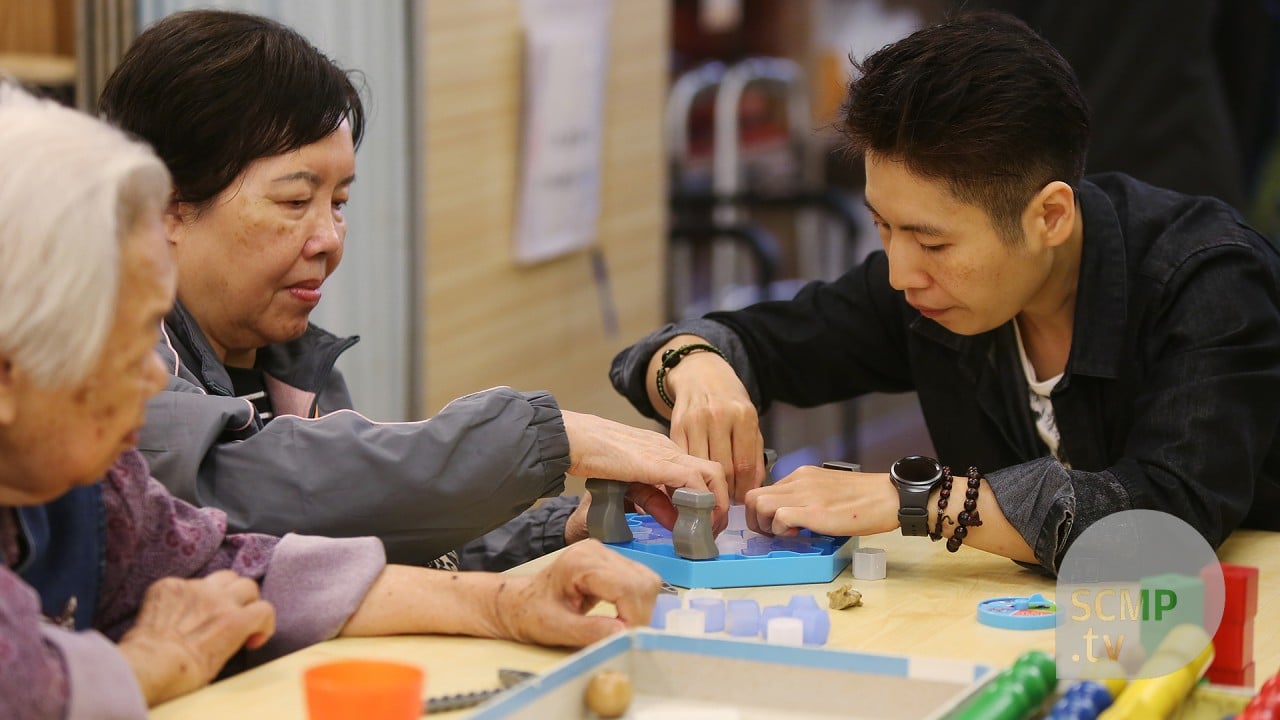
Hong Kong’s ageing society needs to protect the legal wishes of its elderly
- As Hong Kong’s population ages, those caring for elderly relatives often lack support, resources or the ability to make decisions concerning their loved ones
- Creating a central depository for legal documents would ensure the wishes of the elderly regarding finances or medical treatment are met
Advances in medicine, technology and living standards have contributed to a significant change in our demographic profile. More people are now living longer than before.
With this comes a new set of challenges, with greater demand on medical, social and other services for the elderly. Our response requires thoughtful planning and diligent execution to ensure that we can provide adequate care for our elderly and meet their future needs.
The view of the World Health Organization is that “all countries face major challenges to ensure that their health and social systems are ready to make the most of this demographic shift”.
It is important to remember the contributions that the elderly make within their families and local communities, although these are typically a reflection of their general health and well-being, which has a tendency to deteriorate with age.

The level of support required by the mentally incapacitated varies, but it can be significant, with much of the burden of what is effectively full-time care placed on immediate family members.
This hardship also comes with financial struggles and must be managed within the confines of one’s already complex family life. It is important to acknowledge and applaud these families, but more importantly we need to offer them more support.
One important aspect where we can initiate change relates to the ability of a guardian to make decisions relating to medical treatment, financial affairs or legacy planning.
The legal instruments most commonly used in this arena are advance directives, in which a person can specify what medical treatment they want close to death, enduring powers of attorney, which allows a person to authorise someone else to act on their behalf in financial matters, and wills.
In most cases, these important legal documents are simply kept at home, which is not ideal given the severe consequences if they are lost or mislaid. Currently, only the original documents are recognised as valid, and failure to present them will inevitably prevent the timely fulfilment of the wishes of the maker.
The subject of death is very personal, and often a difficult and sensitive topic to discuss with a family member. An individual may not wish to share private details regarding their personal finances or hand over control to a third party. We need to respect their views while acting in their best interests.
Hongkongers may be living longer but they’re not healthier
To provide an effective solution, MIP Care Resources Connect is proposing the formation of a central depository where these important private documents can be stored safely and retrieved easily when required.
Naturally, this is such a personal choice that more investigation is warranted. There may be benefit in lobbying the government to play an active role in educating people on this matter. It may also be worth considering a commercially managed option.
Finally, we should not lose sight of the fact that our elderly people have each played a part in Hong Kong’s transformation over the decades into one of Asia’s most vibrant and dynamic cities. We owe them our thanks and continued support.
Bernard Chan is a Hong Kong businessman and a former Executive Council convenor


